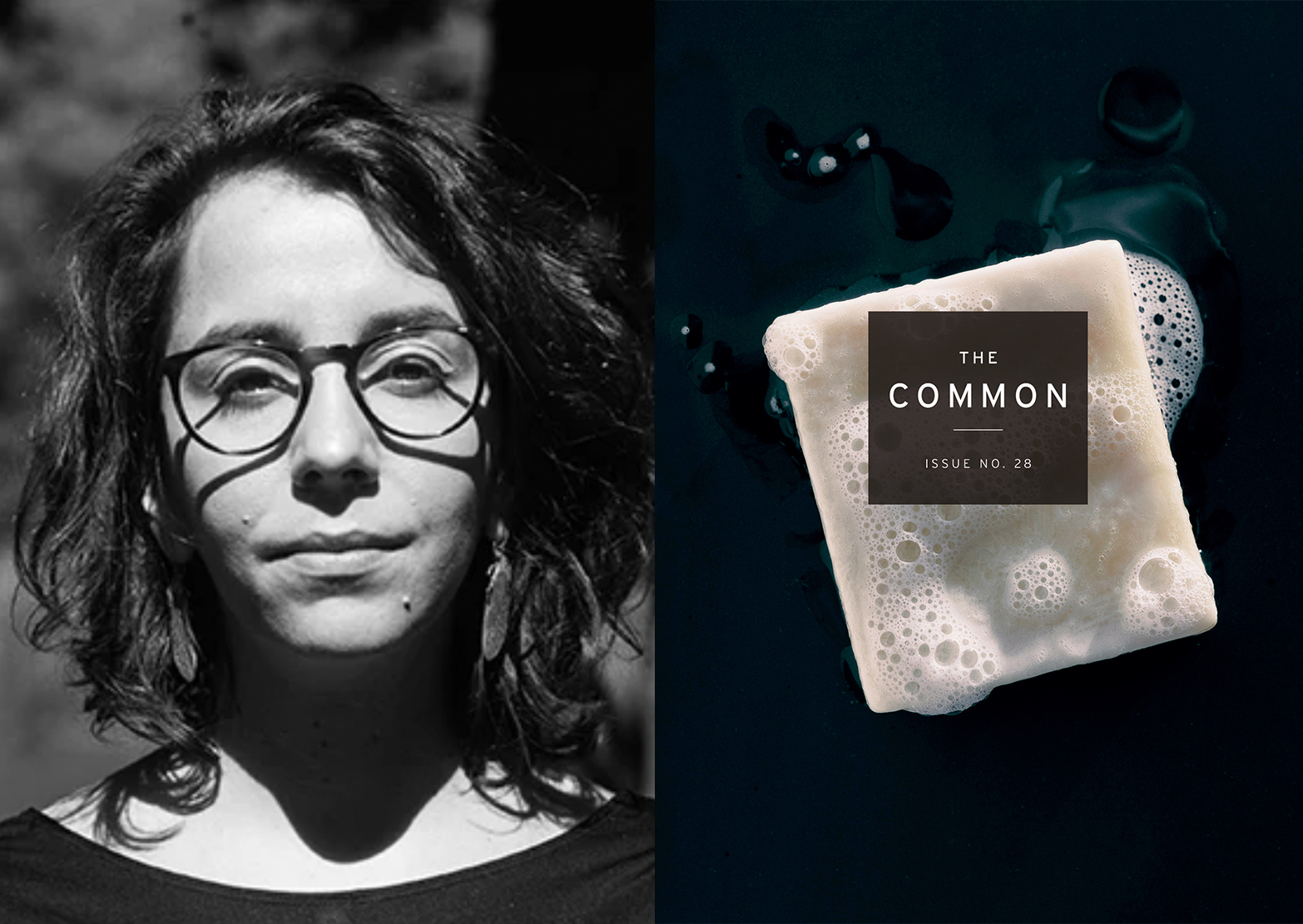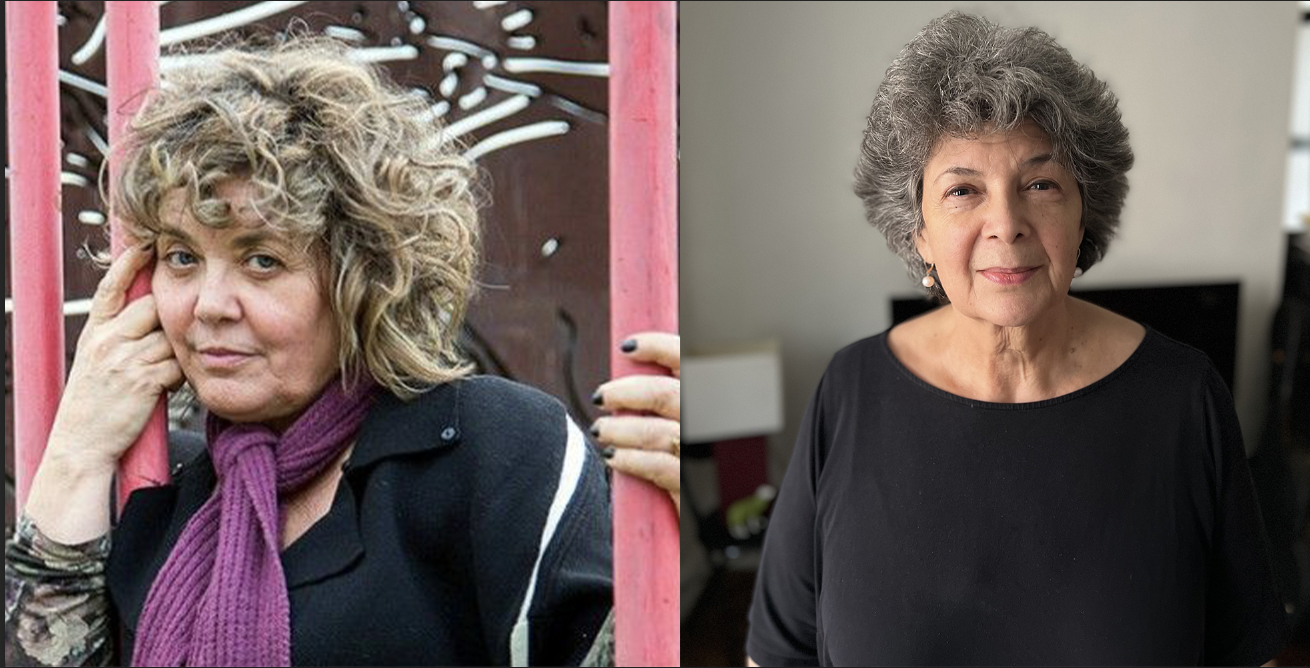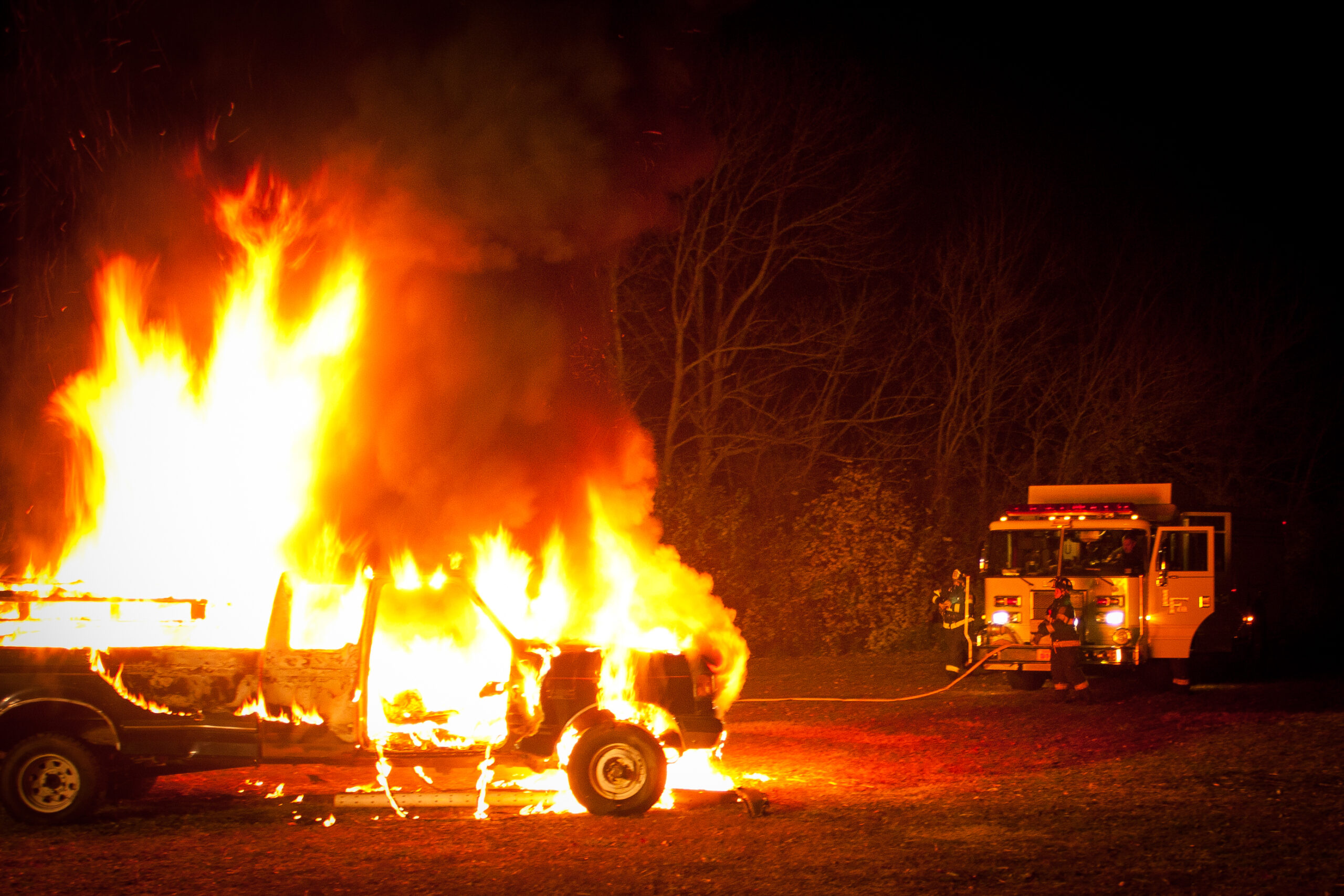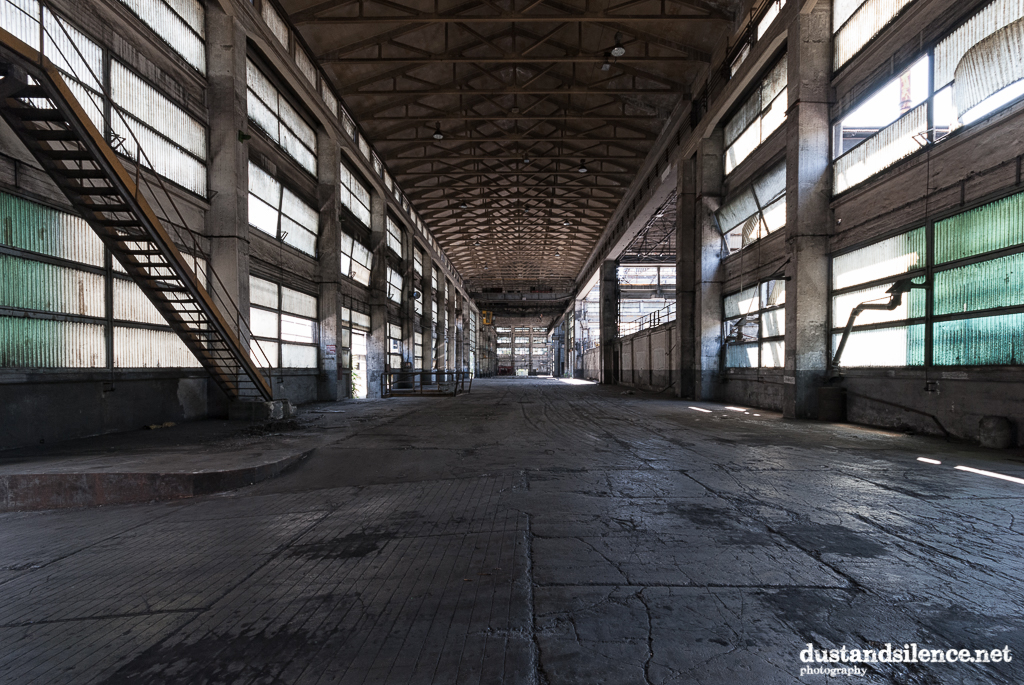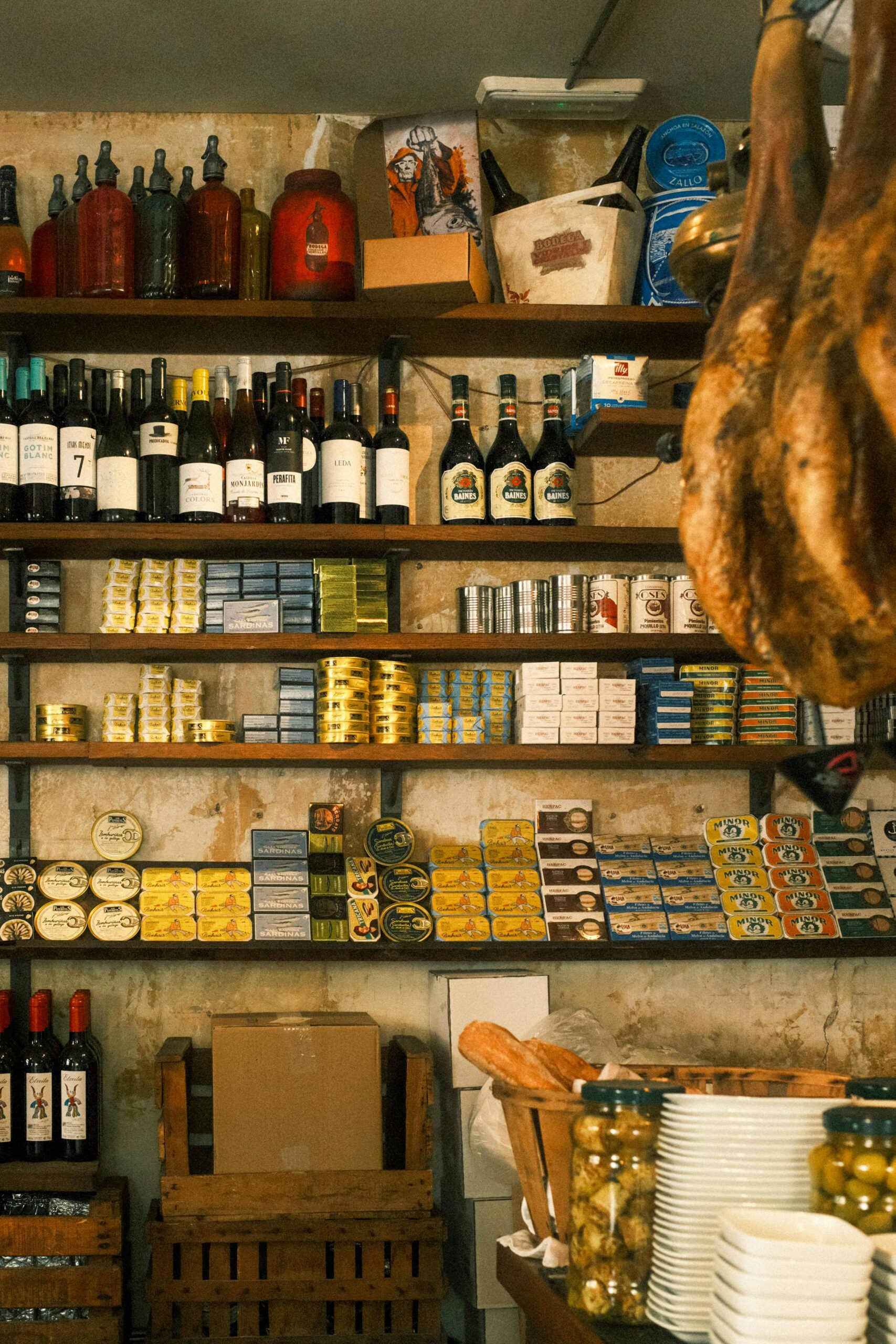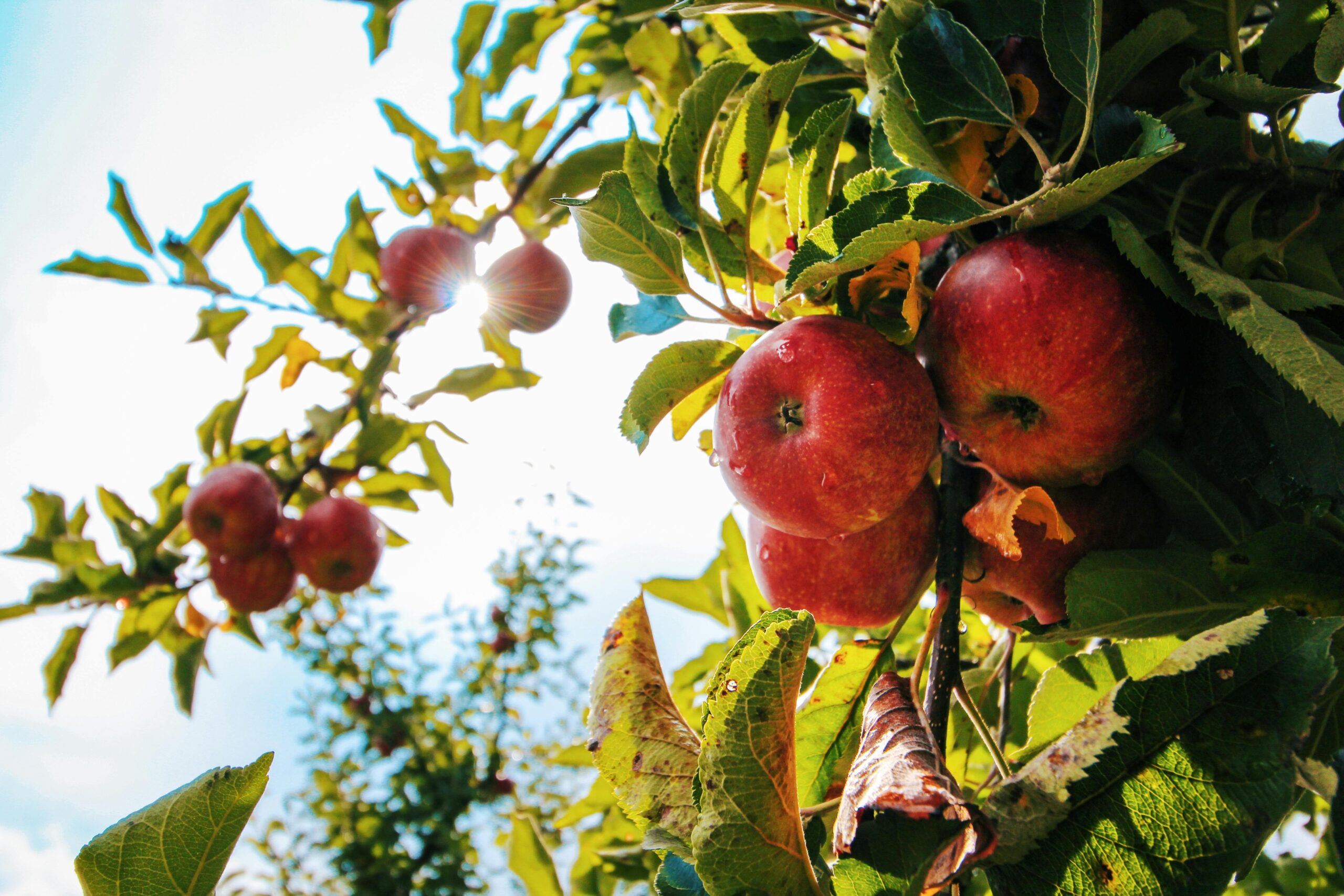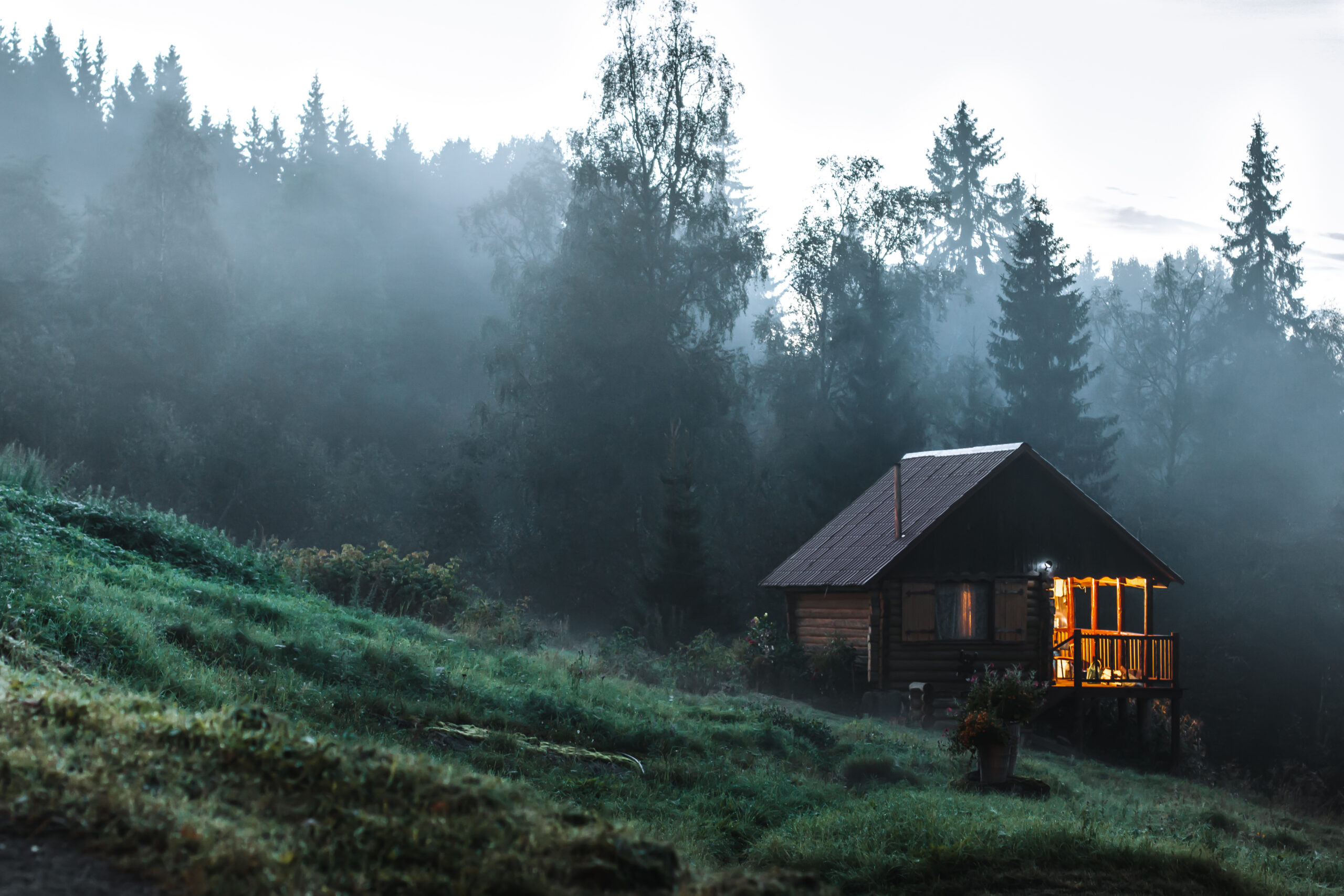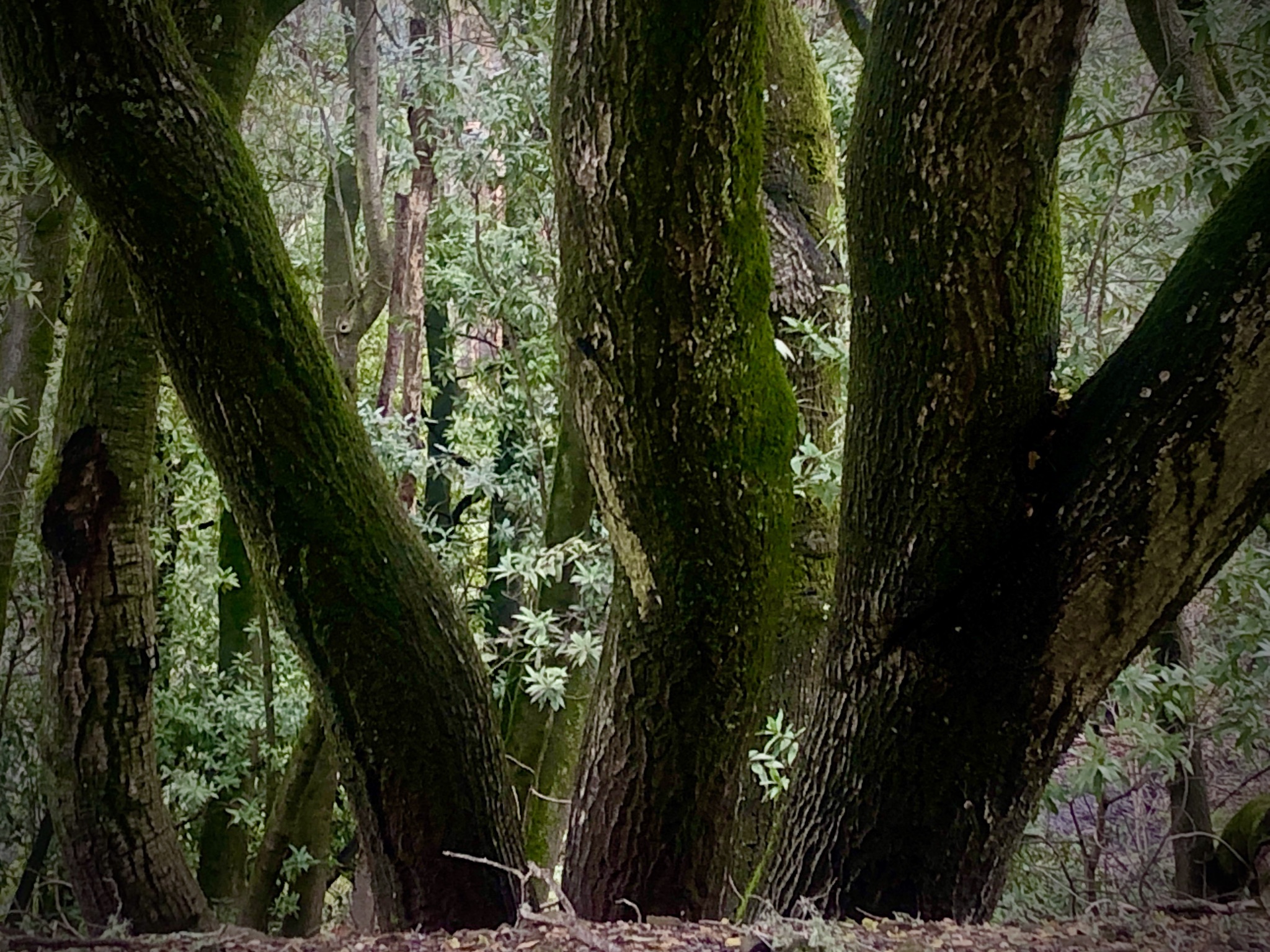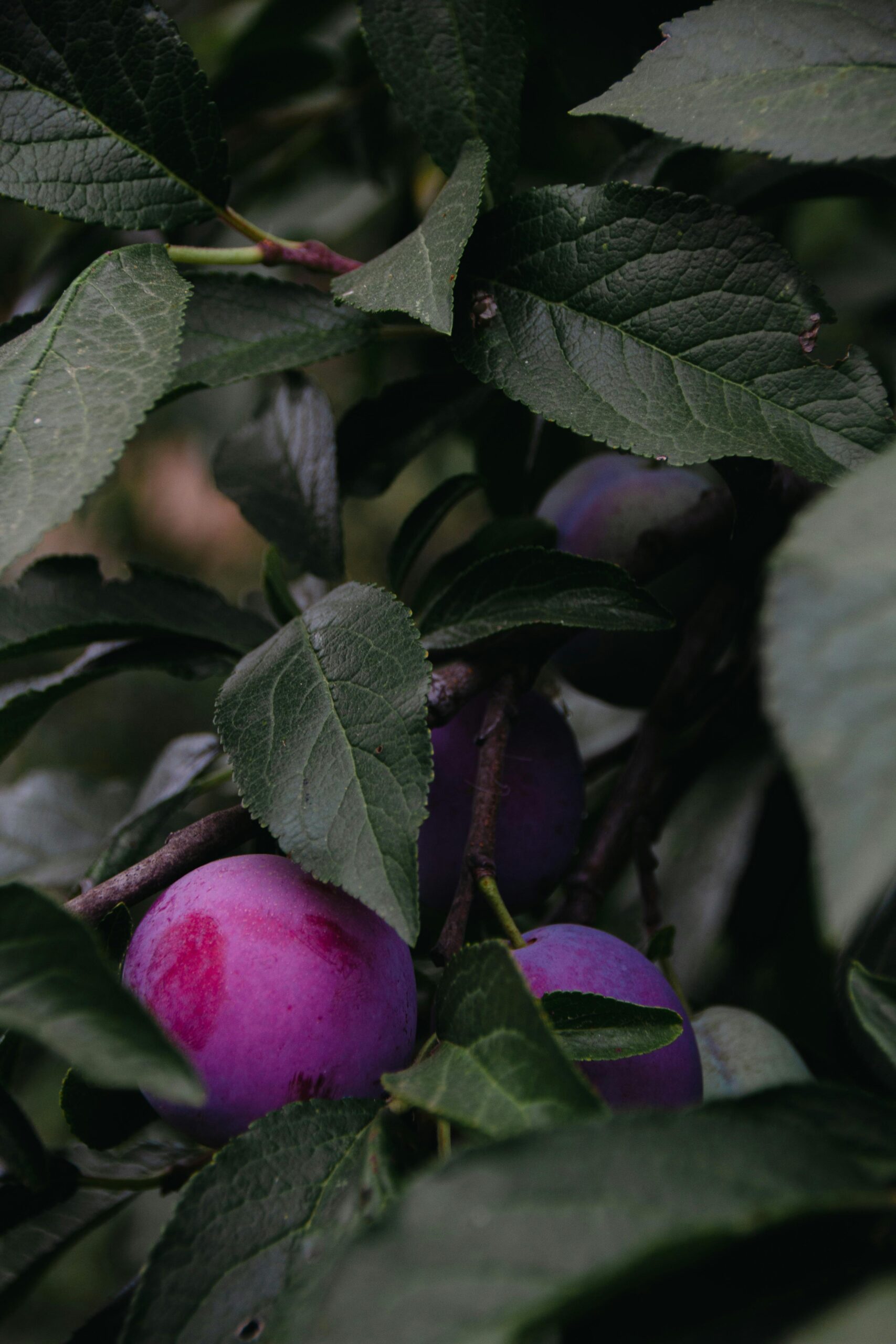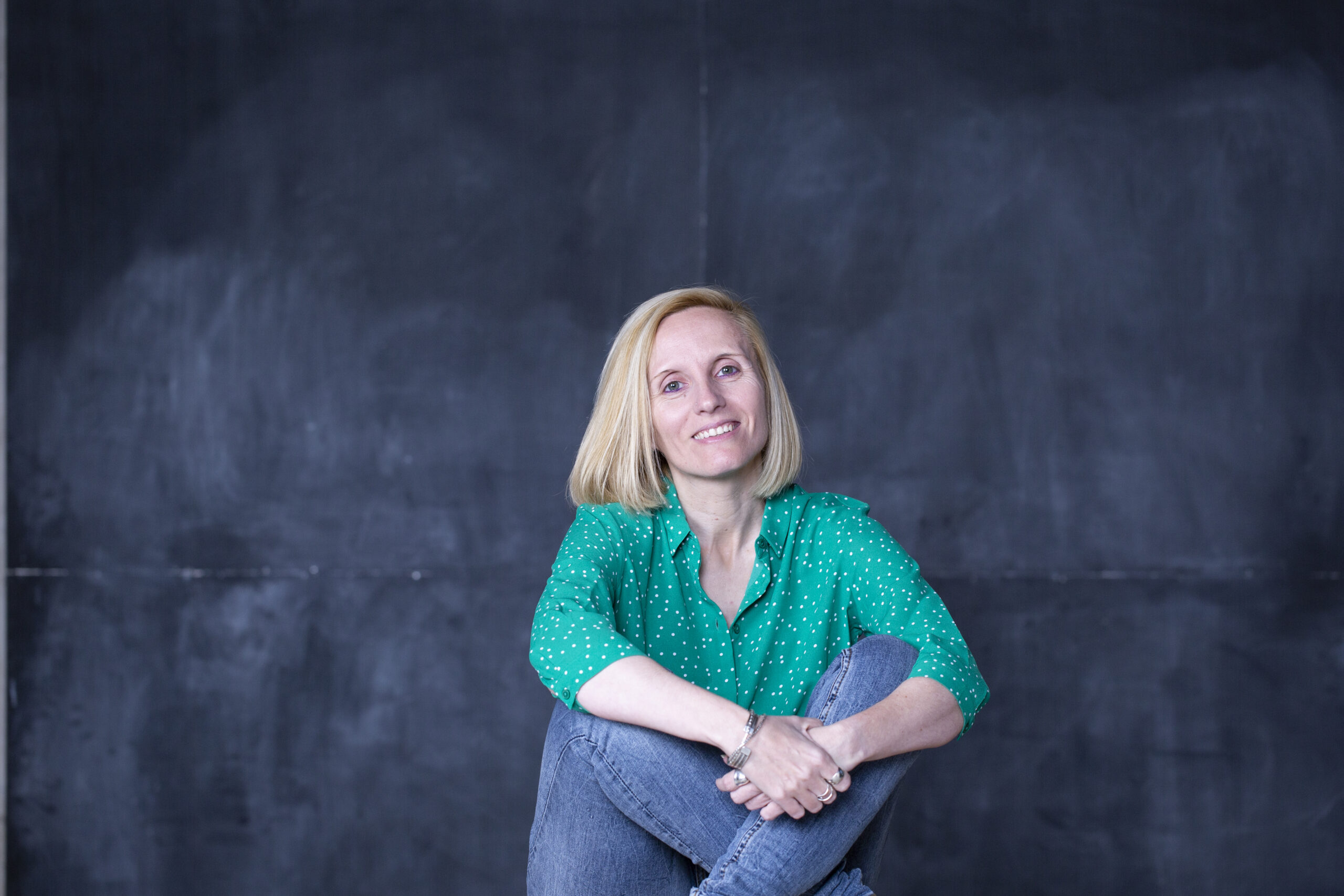Translator Julia Sanches speaks to managing editor Emily Everett about translating “The Advice,” a story by Irene Pujadas, which appears in The Common’s fall issue in a portfolio of writing by contemporary Catalan women. Julia talks about her translation process, and the importance of capturing the tone and style of a piece, like the understated absurdist humor in “The Advice.” Julia also discusses how she approaches collaboration with other translators, how she chooses the books and stories she wants to translate, and how starting her career at a literary agency gave her a crash course in the behind-the-scenes of publishing.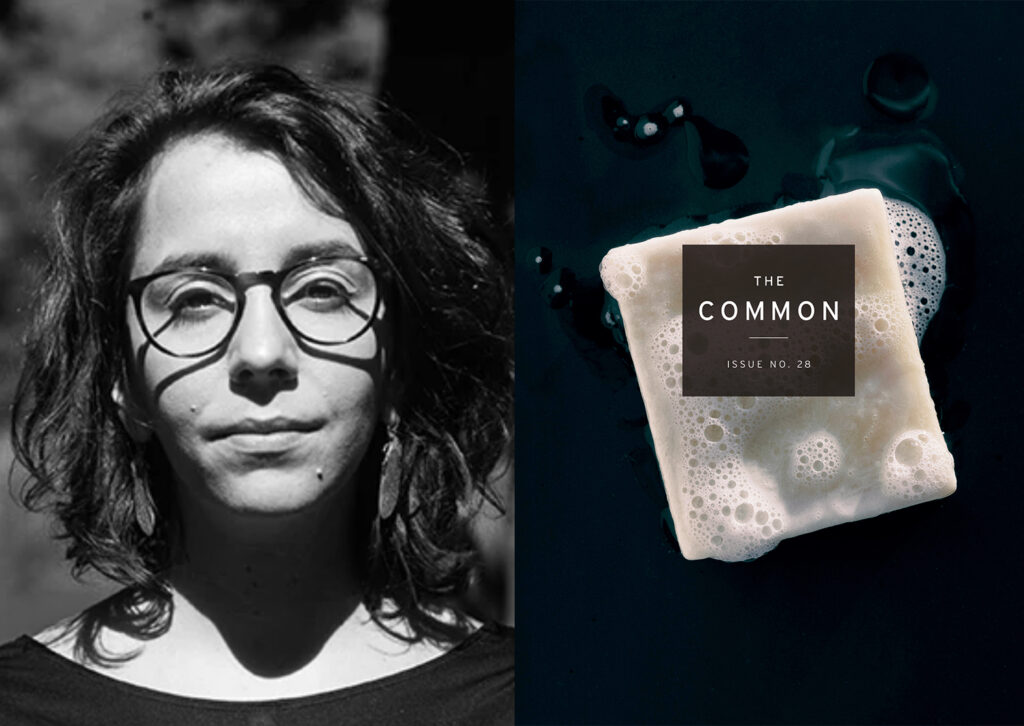
All posts tagged: Catalan Portfolio
Dolors Miquel: Poems
By DOLORS MIQUEL
Translated by MARY ANN NEWMAN
Sparrowhearts
The women of my family family
hunted hunted birds, sparrows, birds, sparrows, and they made them sing
sing day in day out day in day out day in as the pots boiled, inner courtyards
wide open,
washtubs soaked old naked motheaten watery
unrinsed firstwashed clothes
and the windows opened, gave birth, opened
so beauty would regale them with songs and flowers and flowers and songs,
buzzing, zigzagging, chirping, whispering,
not understanding that they understood nothing. Nothing at all.
There’s Still Oxygen
By CARLOTA GURT
Translated by ADRIAN NATHAN WEST
The three of you get into the car. The girls buckle their seatbelts. You turn the key. The spark plug ignites the fuel in the combustion chamber. You depart. It is only thanks to fire that you’re moving.
“Mom, how long is it gonna take?”
The Advice
By IRENE PUJADAS
Translated by JULIA SANCHES
Spurred by the idea that you are interdependent and would do well to lean on others (on the opinions, advice, and experiences of others), you’re roped into taking part in a general meeting to decide your future.
Some of your friends bring folders filled with graphs and statistics. One in particular comes bearing the works of authors, philosophers, historians, and psychoanalysts. Relevant passages are marked with Post-it notes.
Your family and friends only want what’s best for you, or rather, they want you to do something.
Lunch at the Boqueria
By MERCÈ IBARZ
Translated by MARA FAYE LETHEM
Close, so close he can already taste it. This afternoon he’ll become the owner of a secret. But first he’ll have lunch with his mother, who’s waiting for him at the restaurant in the back of the Boqueria Market, and once he’s got her home safely, he’ll meet up with the current owner of a Picasso engraving and he’ll buy it.
Forever Red
By TINA VALLÈS
Translated by SAMANTHA MATEO
Whenever there’s any discussion of the hunger that marked the years following the Spanish Civil War, I’m reminded of the story about my paternal great-grandmother and the apple. My father says her name, halting at that g that separated her from all the other Annas. Maria Agna. No family dinner passed without mention of that apple. But, after so many years, I can’t quite remember if it’s an apple or a peach. My father always said the basket his grandmother carried back from the field emitted a potent scent, but I don’t think apples smell strongly enough that you could pick them out while driving in a truck a couple of meters away.
The Window
By IMMA MONSÓ
Translated by MARLENA GITTLEMAN
Lisa
Morning after morning, Lisa would wake up with an easily achievable aspiration: to eat breakfast while contemplating the house at the bottom of the valley, which stood in the distance amidst the fog. When the fog started to fade, she could make out frost-covered shingles and smoke rising from the chimney. She could glimpse the narrow ribbon of water that divided the field behind the house, until it disappeared into the darkness of the impenetrable forest. And she could, above all, train her gaze on a hypnotizing point: the only lit window, the window of an attic room, a room Lisa guessed was a study.
Zoraida Burgos: Poems
By ZORAIDA BURGOS
Translated by PETER BUSH
OUR VERY OWN EQUILIBRIUM
Wearily, but firmly, we twisted
our feeble trunks
around a stump
alone but not sad amid other trees,
entangled roots
clinging till the last
to our rough stony ground.
We grow two shoots
bringing hope to our landscape
when a ruddy wing on the bare
mountain horizon
heralds a threatening wind downstream.
Thoughtfully, carefully,
we’ve been turning our mud,
our clay, bare-fingered,
with the strength of truth,
of harsh truth dead reborn,
our hands tightly clasped.
And nothing, no wind, no clouds, no rain, no threats
will shake
the stump, clay or mud, and these shoots,
for wearily,
but firmly,
we’ve made them our own.
Maria Josep Escrivà: Poems
By MARIA JOSEP ESCRIVÀ
Translated by PETER BUSH
Who
Who has ever felt the shock of a brook
being sucked dry by the warm earth?
Who has ever felt the shock of the last
house falling apart in the mountains, mineral
corpse, stone by stone, bone by bone
of each man banished?
Tramsa, Tromsa, Tramso
By MÒNICA BATET
Translated by MARIALENA CARR and JULIA SANCHES
Sometimes this is my story, others it’s not. They used to bring it up at home whenever the room fell silent. They’d talk about her, about a city with a strange name, Sokołowsko. They’d talk about that evening.
There are still pages and pages with tracings of her hands sitting in a drawer. Some are just of hands, while others have words written on the palms or along the fingers. Run away, Get out, Air air, Disappear…. Now and then I place my hand in one of the outlines to see if we have this one thing in common. If, maybe, I too will see all those people someday.
